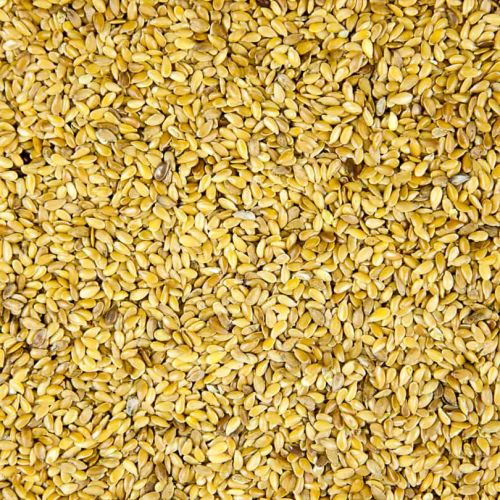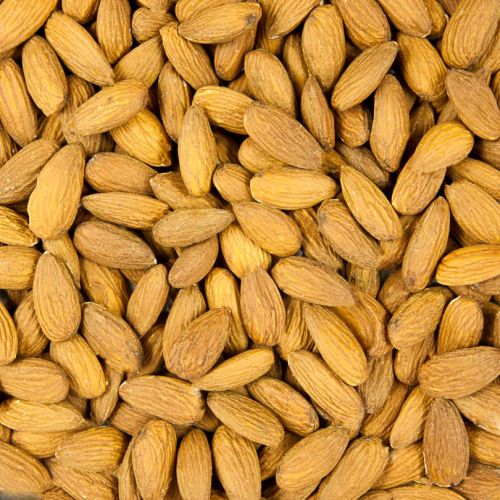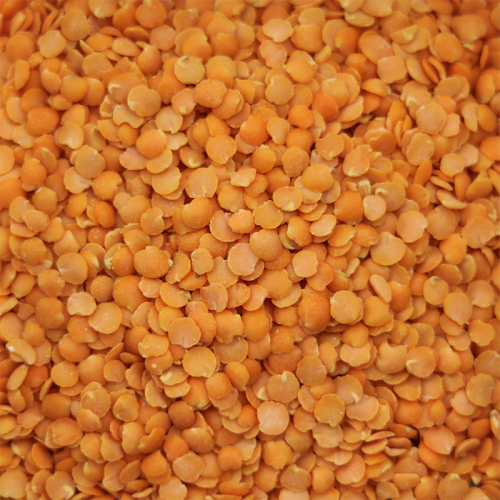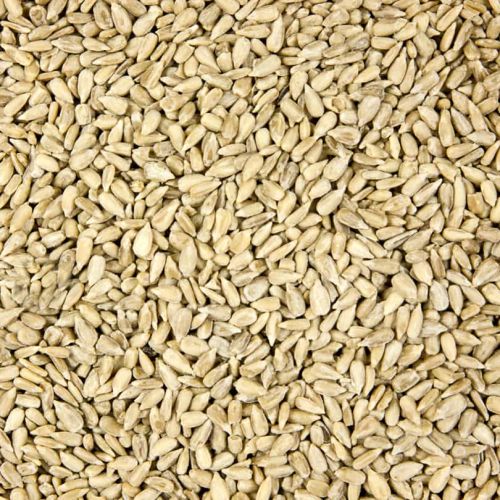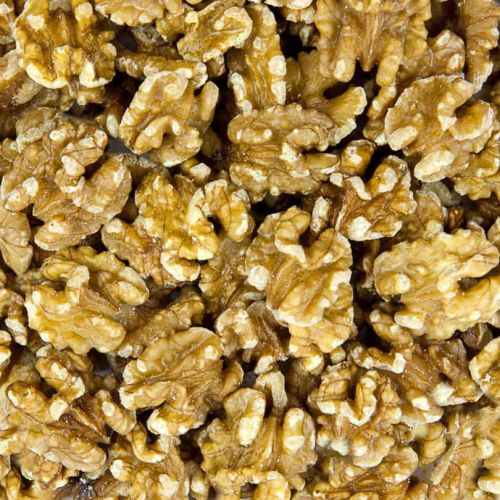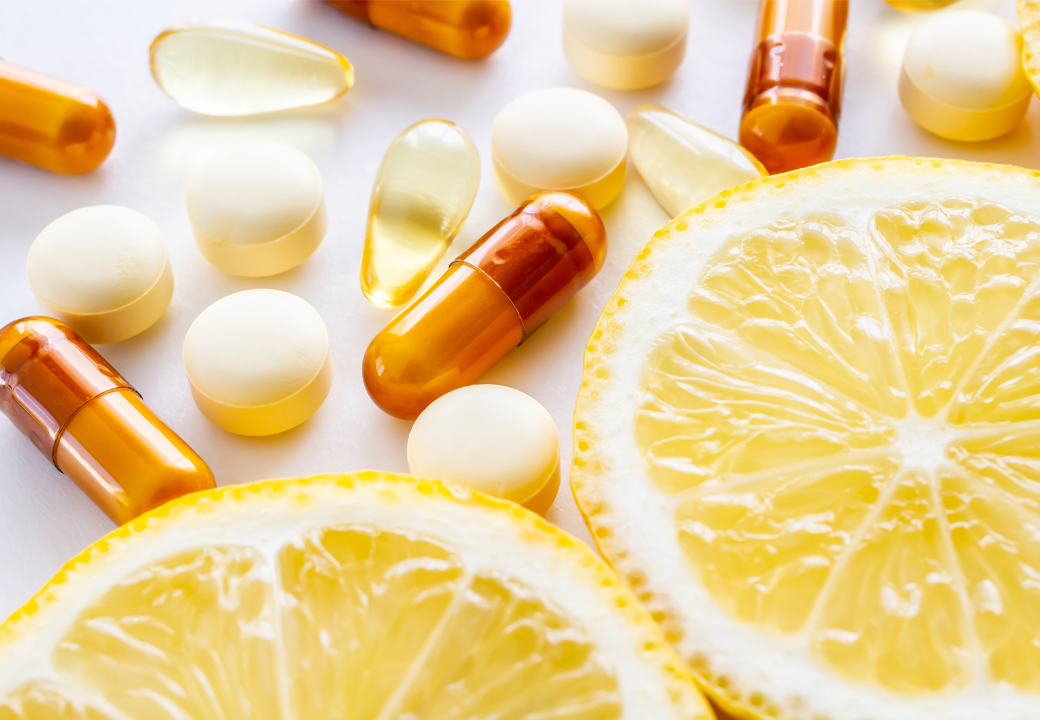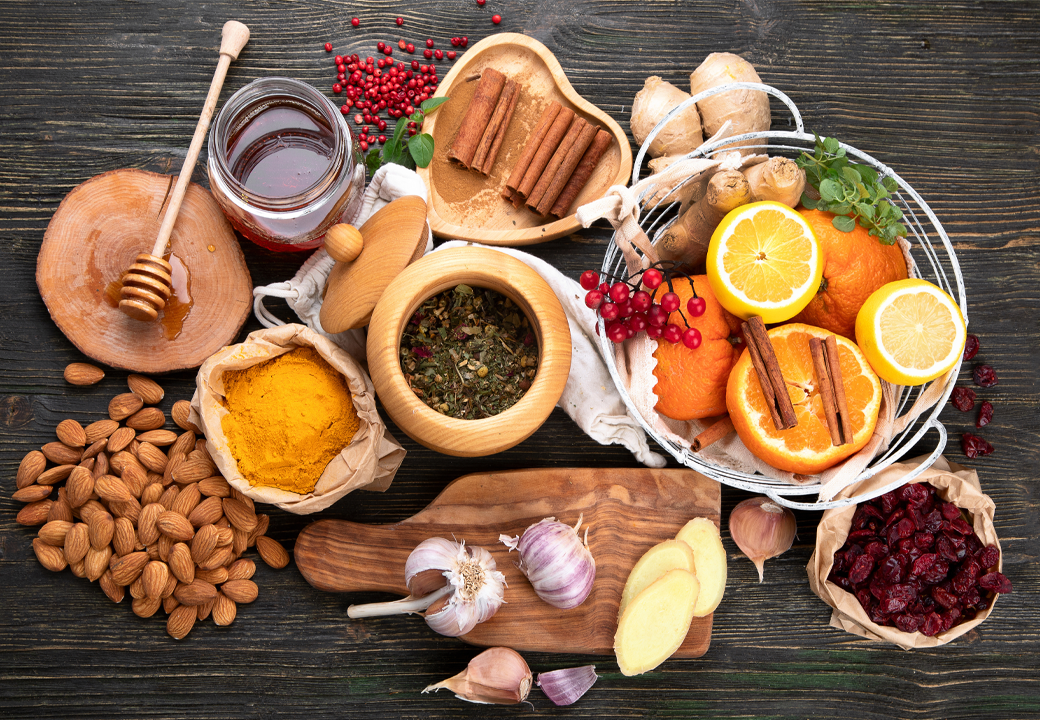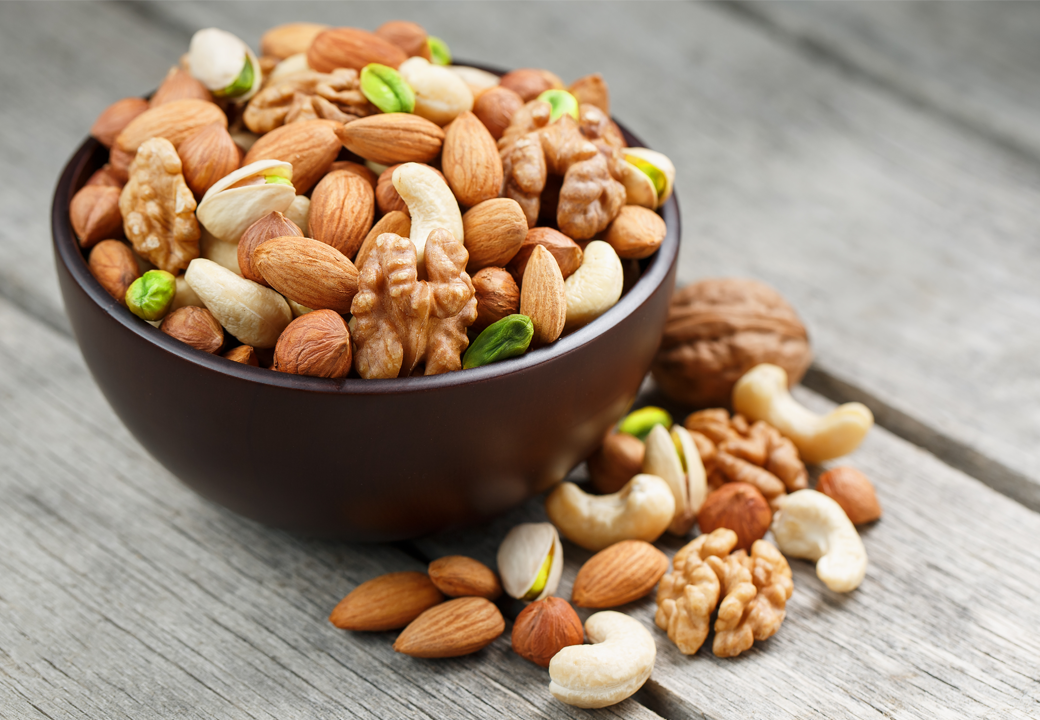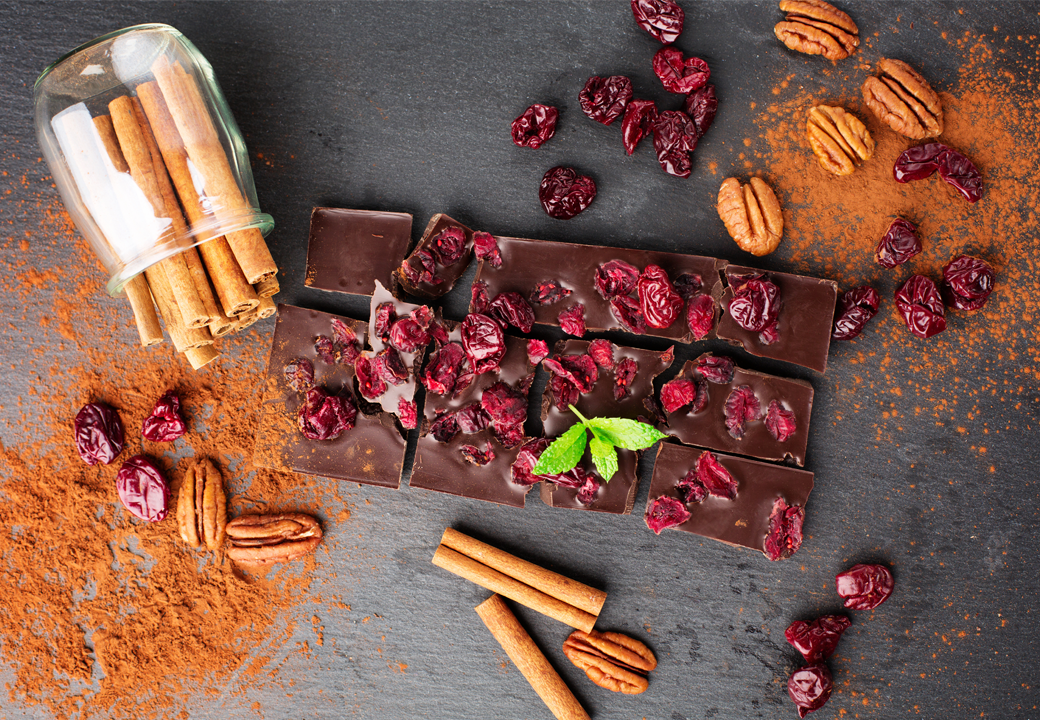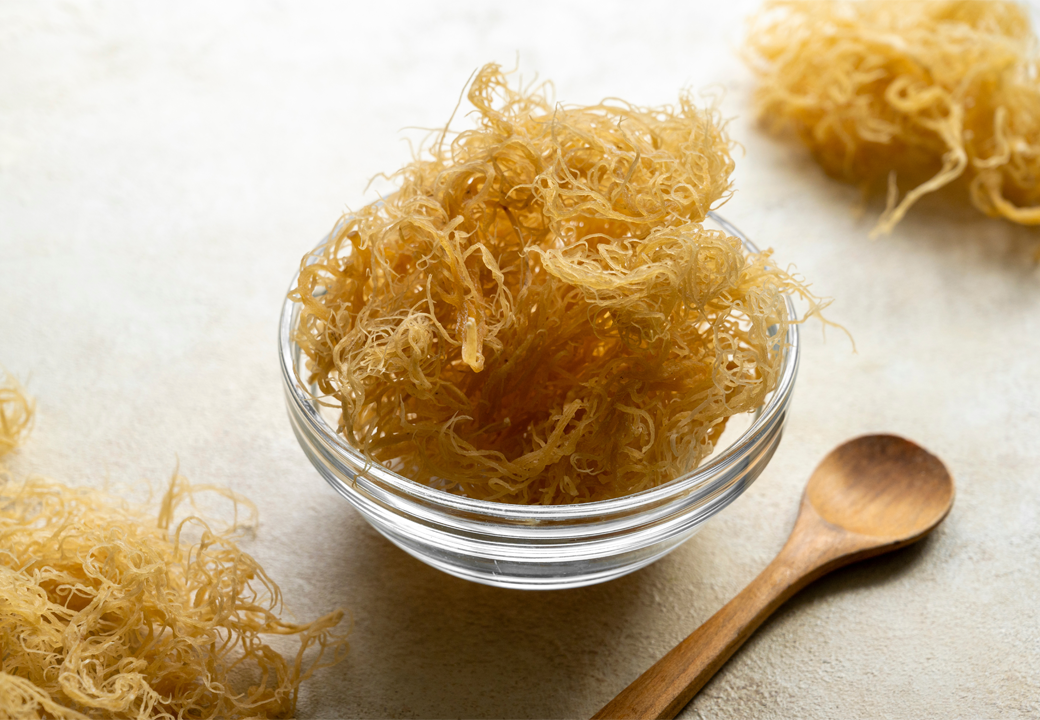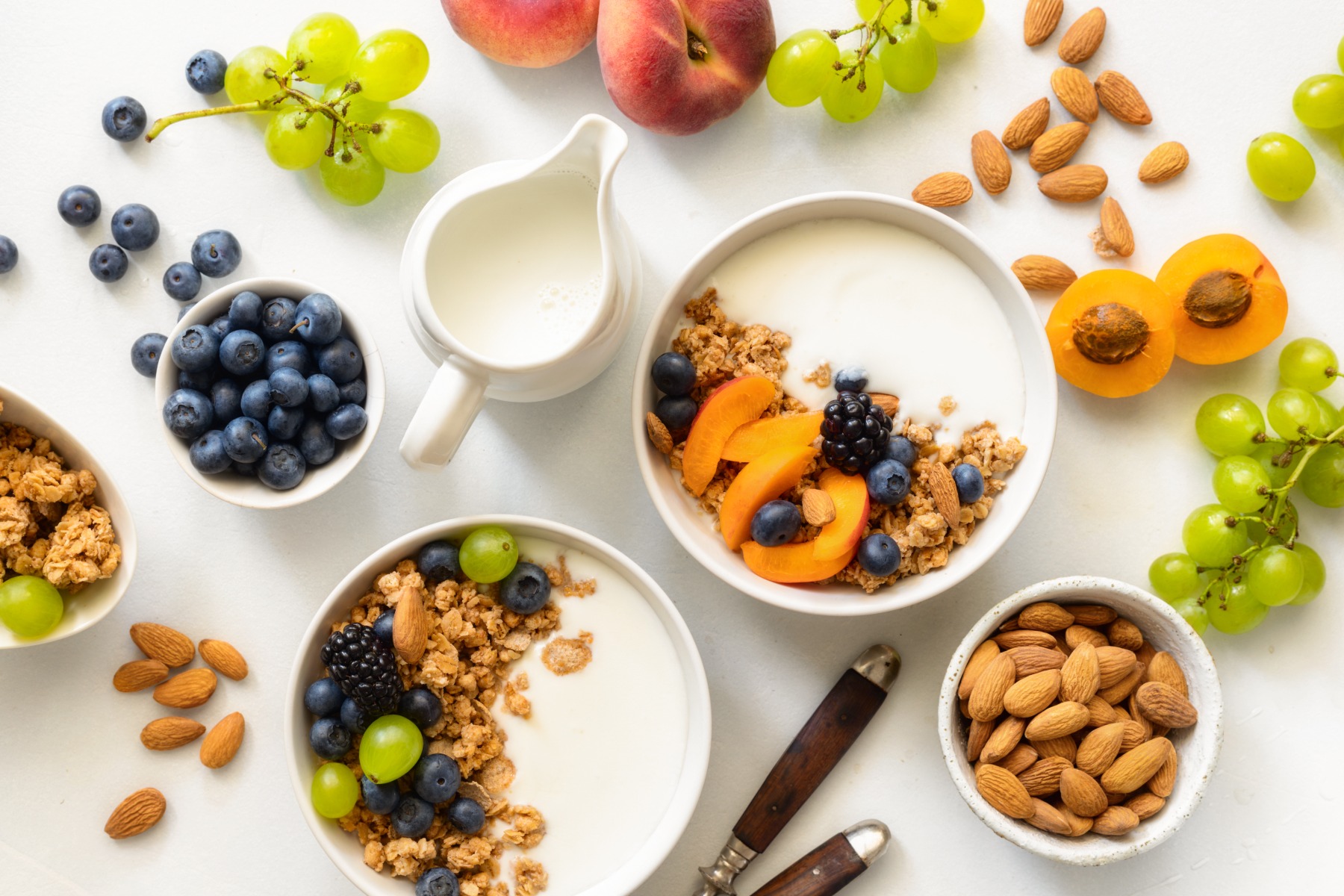
10 Good foods that fight Cholesterol
It’s no secret that high cholesterol is a huge problem in the UK. In fact, six out of ten adults in England suffer from skyrocketing cholesterol due to fast food and a sedentary lifestyle.
Chances are that you or someone you know has, or will have, unbalanced cholesterol levels. Therefore, it’s essential to take action and know how to nurture your body. Read on to learn what cholesterol is and discover the best foods for high cholesterol.
What is High Cholesterol?

Cholesterol is a type of fat which strengthens cells by coating the outside. There are two types of cholesterol, known as LDL (‘bad’ cholesterol) and HDL (‘good’ cholesterol). Technically, one isn’t bad or good - you need both. But, too much LDL can cause blockages in your arteries. And it’s becoming all too easy to build up bad cholesterol with high-fat and sugar diets.
What Causes High Cholesterol?
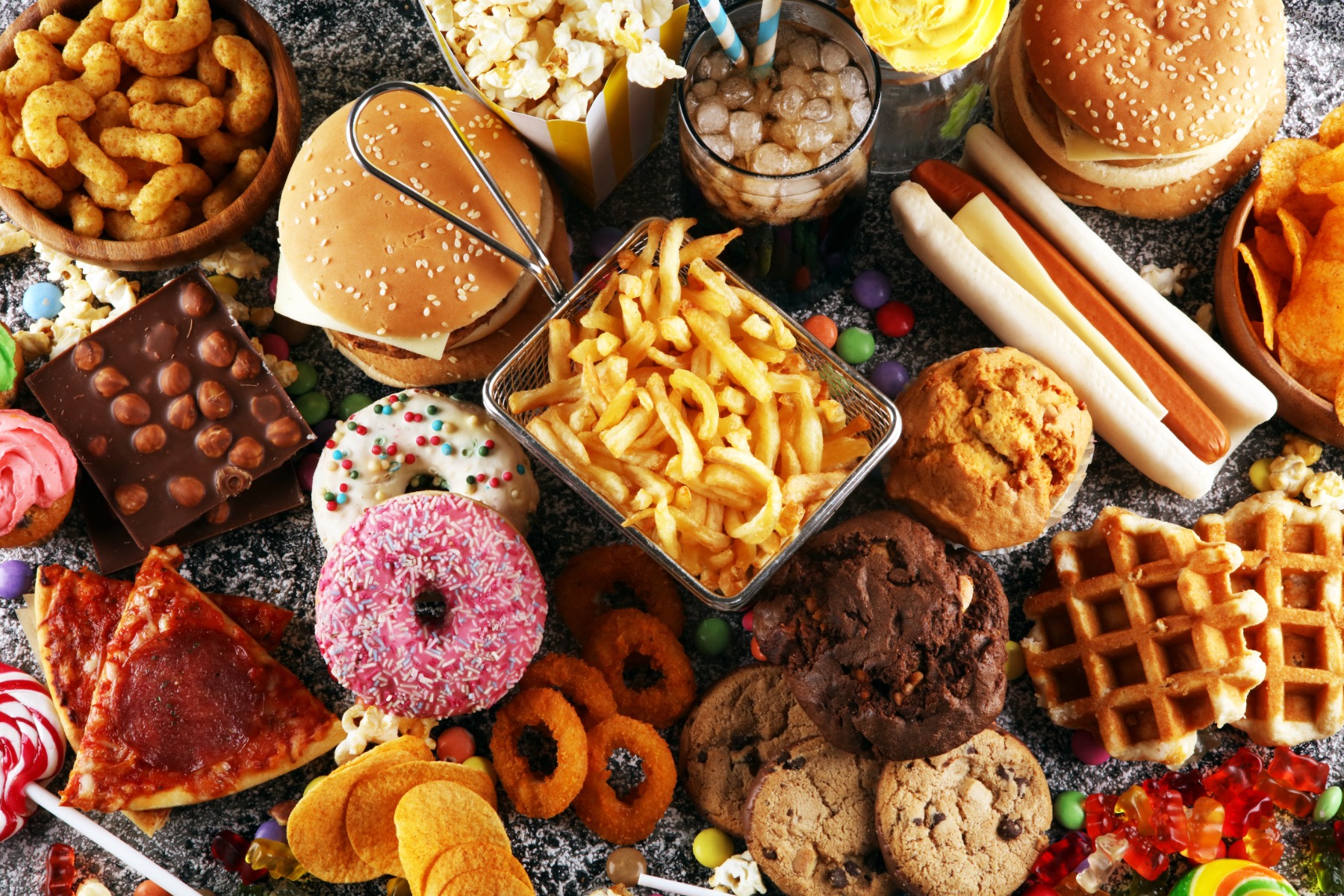
There are a multitude of things that cause high cholesterol. These include:
- A high-fat and sugar diet
- A sedentary lifestyle
- Smoking
- Excess alcohol
- Lack of sleep
What Happens if You Have High Cholesterol?

When it’s too high, the fatty substance of cholesterol coats the inside of your arteries. This builds up, slowing blood flow and preventing circulation. Eventually, it creates blockages, triggering heart attacks and heart disease.
Symptoms of High Cholesterol
Catching the symptoms of high cholesterol is crucial so you can make lifestyle changes. Unfortunately, there aren’t many early signs that your cholesterol is too high. However, there are a few you can look out for:
- Dizziness
- Shortness of breath
- Chest painNumbness or pins and needles in your fingers and toes
- High blood pressure
The Best Foods for High Cholesterol
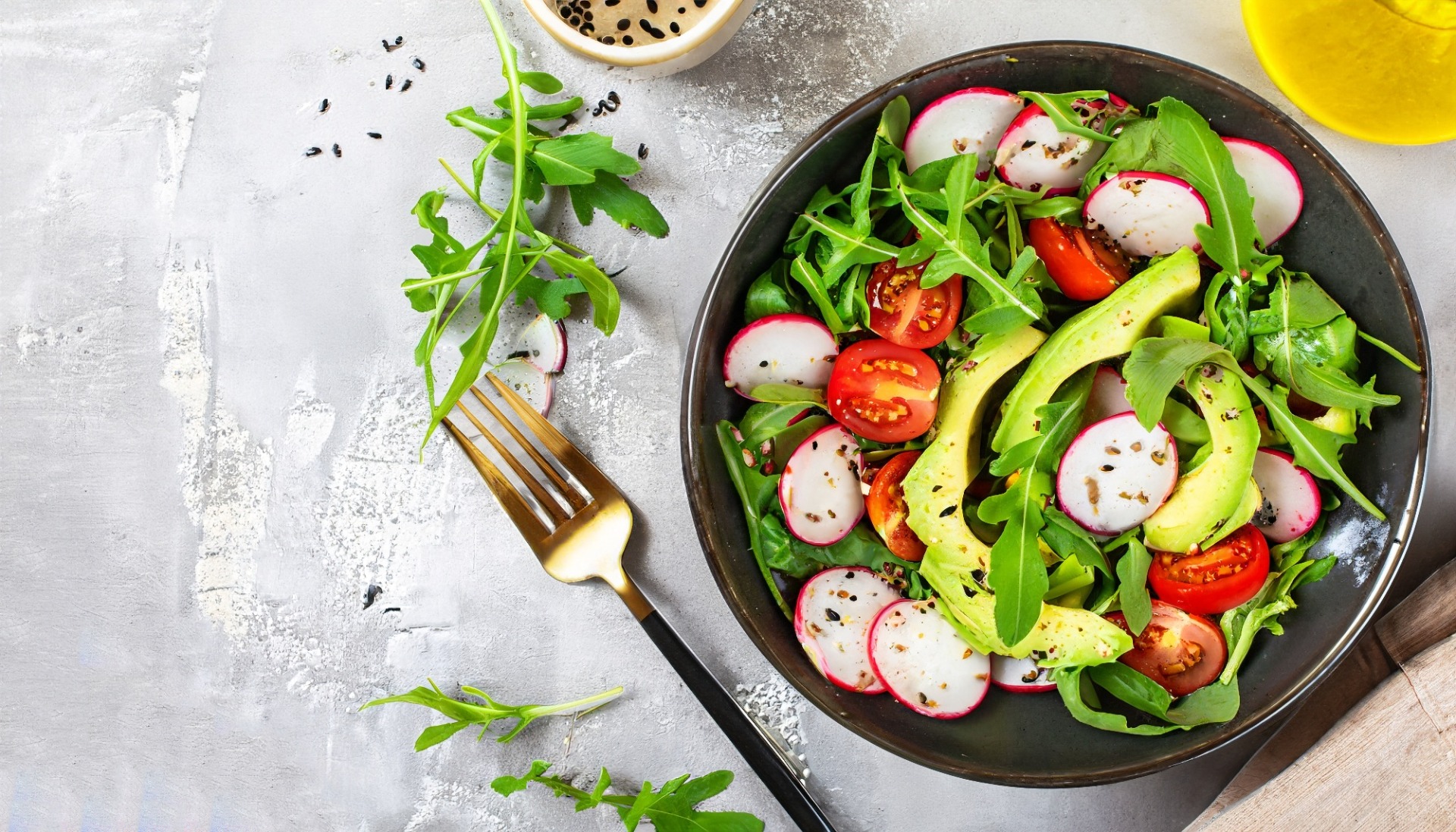
There are plenty of delicious foods you can eat for healthy cholesterol. Below are the top ten foods for high cholesterol and ways to incorporate them into your diet.
Avocado
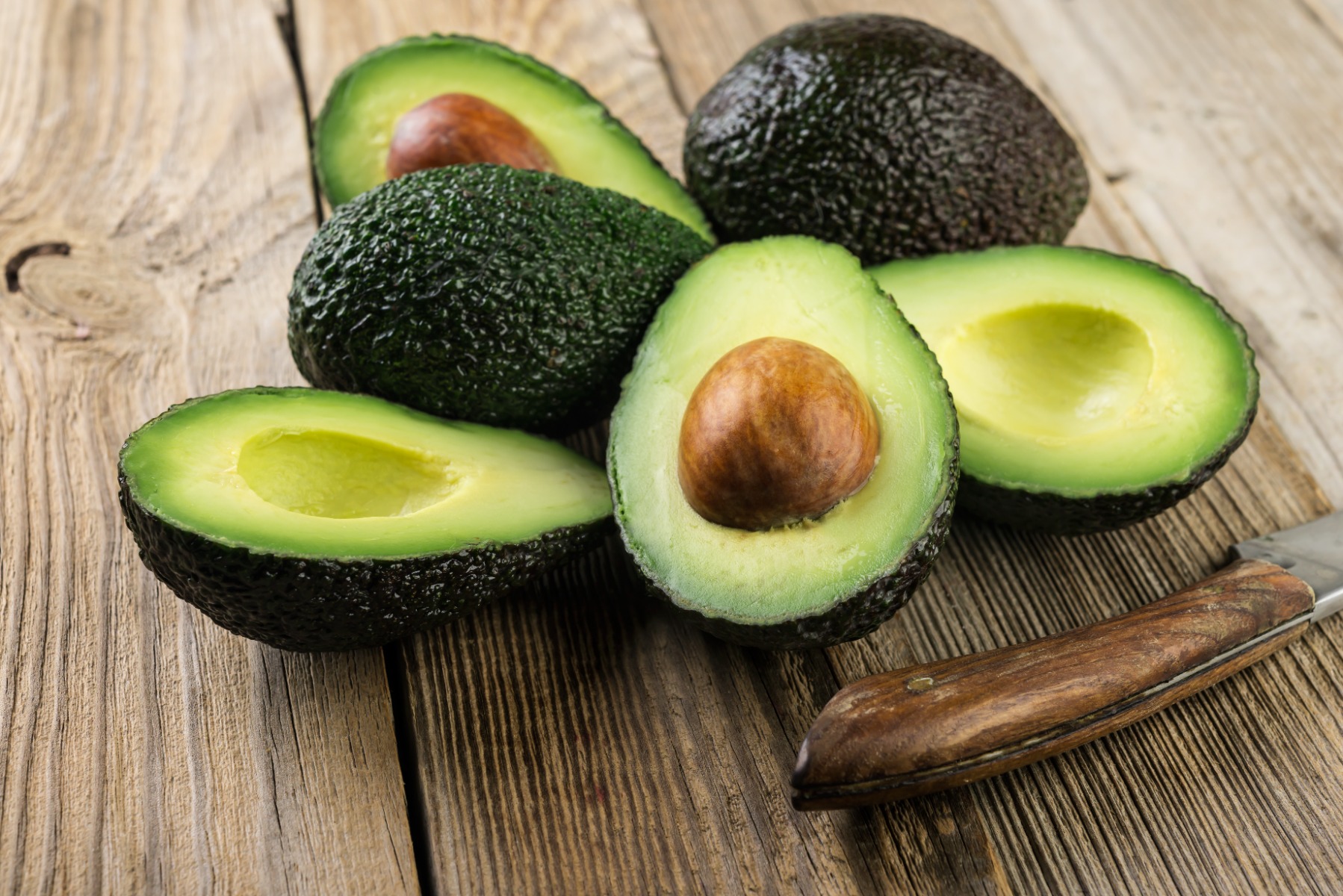
Avocados are a fruit or single-seeded berry. They are high in good (unsaturated) fats and incredible for a boost in fibre. The fruit has a dark outside skin, which contains green flesh with a rich, creamy texture. A 2015 study shows that regularly consuming avocado reduces LDL.
Dark Leafy Greens and Cruciferous Vegetables
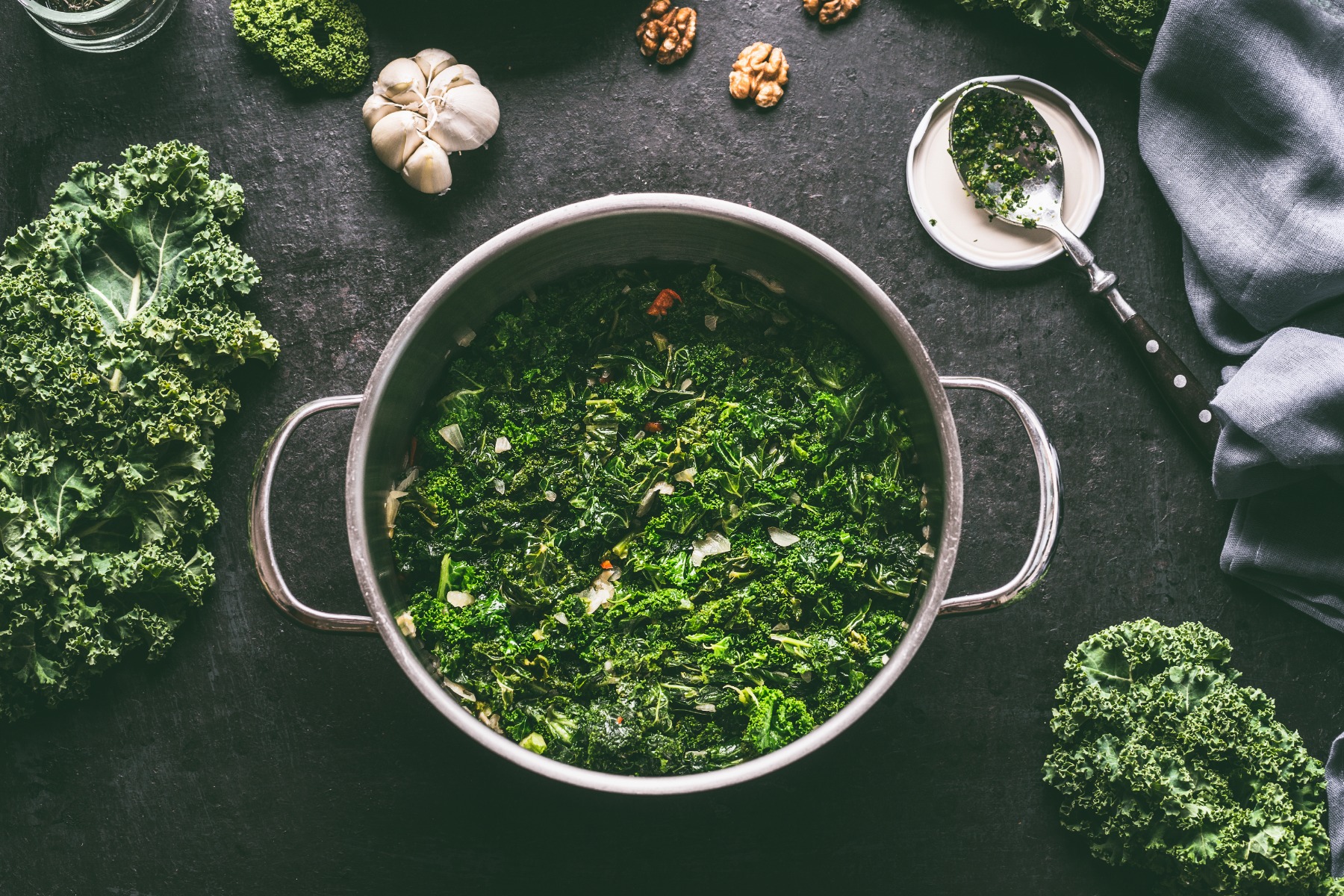
Dark leafy greens lower bad cholesterol and open arteries for better blood flow. They’re also high in fibre and iron, which help digestion and energy levels. Here are our top picks:
- Spinach
- Kale
- Broccoli
- Cauliflower
- Bok choy
- Brussel sprouts
- Cabbage
Legumes
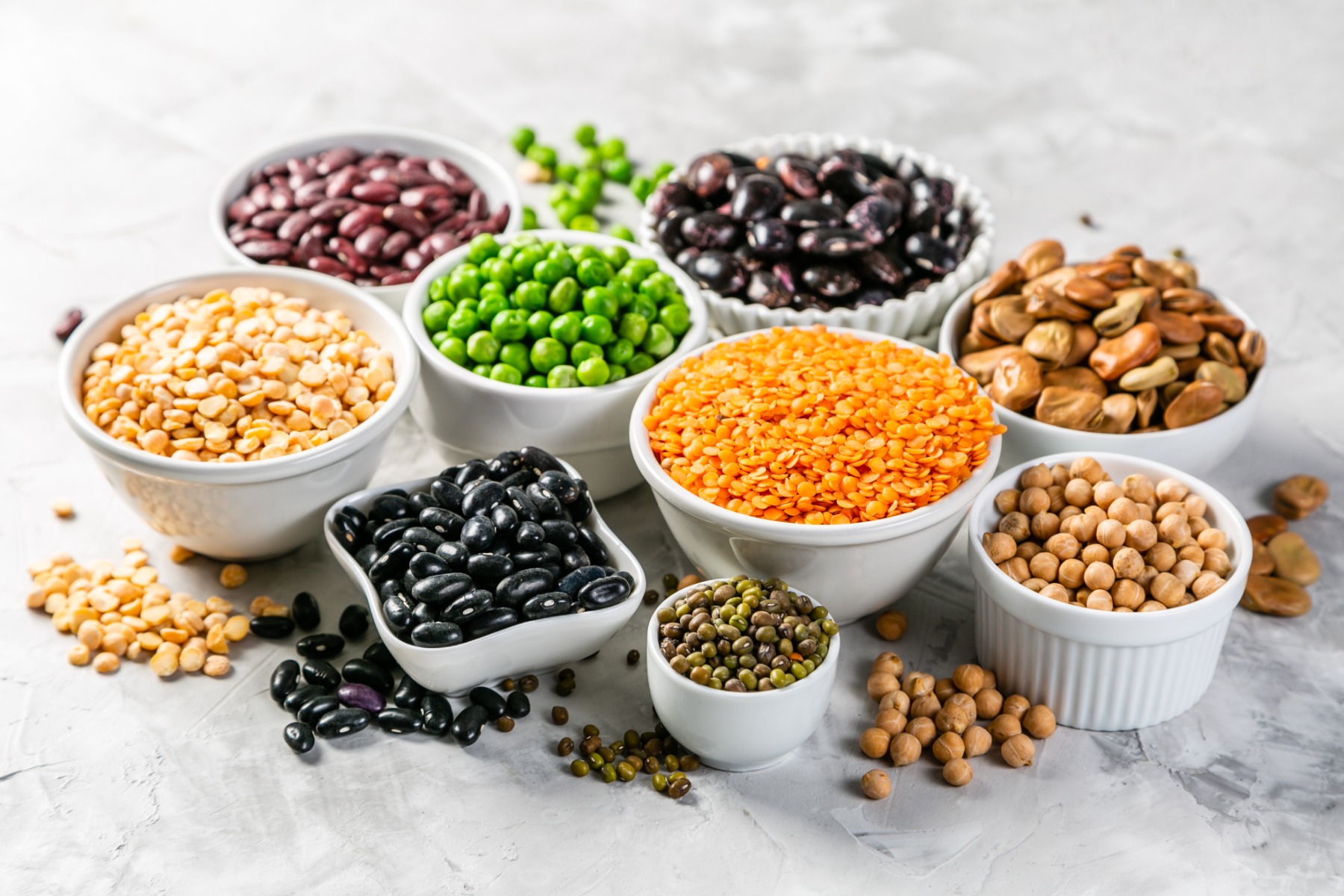
Legumes are lentils, peas and beans. They are high in protein and an excellent option for a plant-based diet. They’re also fibre-rich and lower the risk of LDL building up in your arteries. Legumes are incredibly budget-friendly, and a little goes a long way.
We provide premium-quality versatile legumes that are packed with antioxidants and have a great taste. Make a delicious lentil wrap or add to soups for a health boost. Check out our range of beans and pulses and our top choices for balancing cholesterol:
Greek Yoghurt
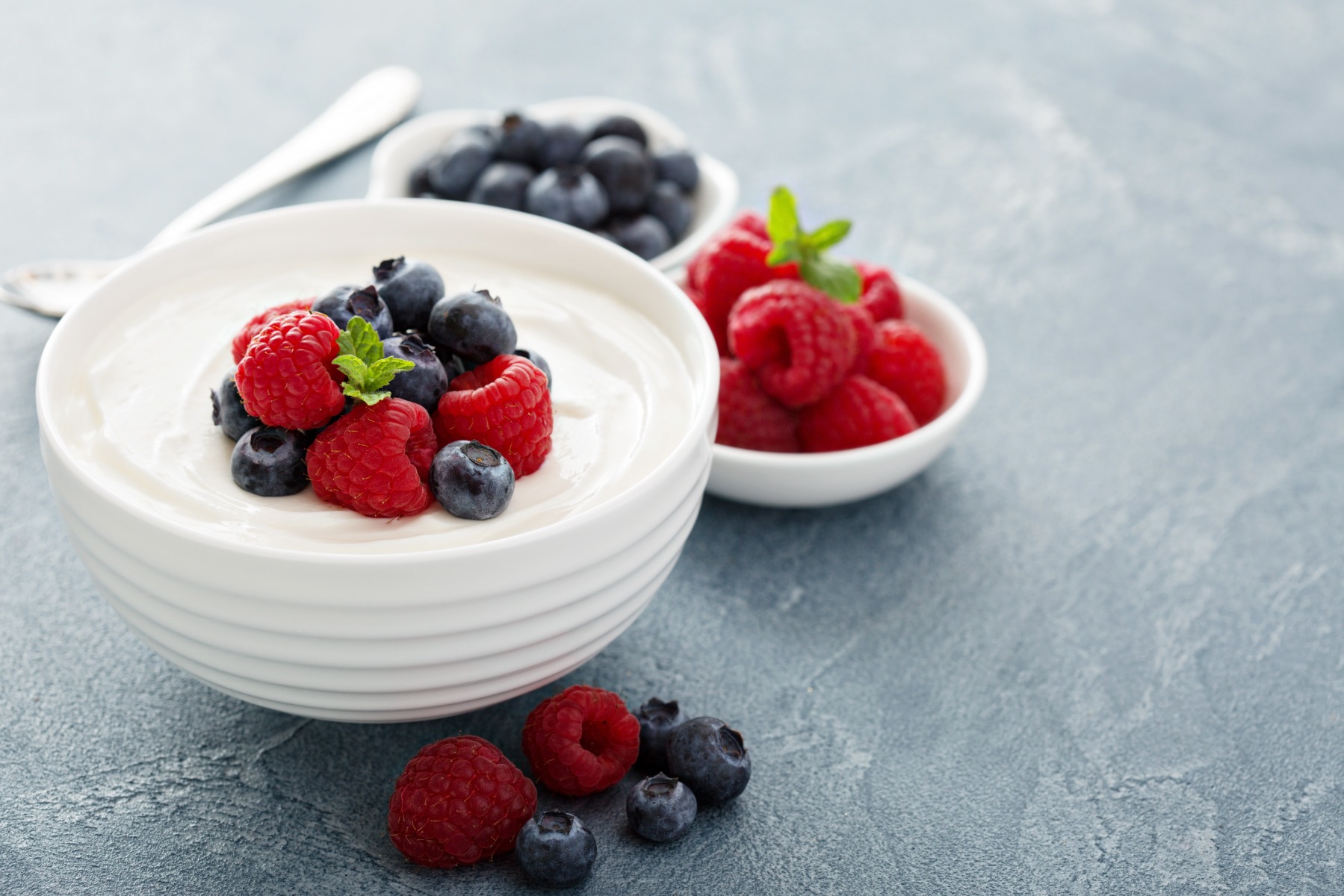
Greek yoghurt is a fantastic source of probiotics, which feed the healthy bacteria in your gut. If you do not have enough probiotics, you may struggle with bloating, cramps, diarrhoea and constipation. However, a healthy amount lowers bad cholesterol, reducing your risk of heart disease.
Ensure you choose plain Greek yoghurt, as flavoured ones can be high in sugar. If you are wary of fat, go for the low-fat option and eat in small amounts.
Ways to eat Greek yoghurt
- Greek yoghurt and honey - Make a tasty breakfast with a dollop of Greek yoghurt and sweeten it with honey. Garnish with dried fruit, nuts,and seeds for a protein-packed, fibrosis start to your day.
- Use in curries - Instead of reaching for the double cream, choose the healthier option of Greek yoghurt for a rich, creamy taste to balance your cholesterol.
Nuts and Seeds
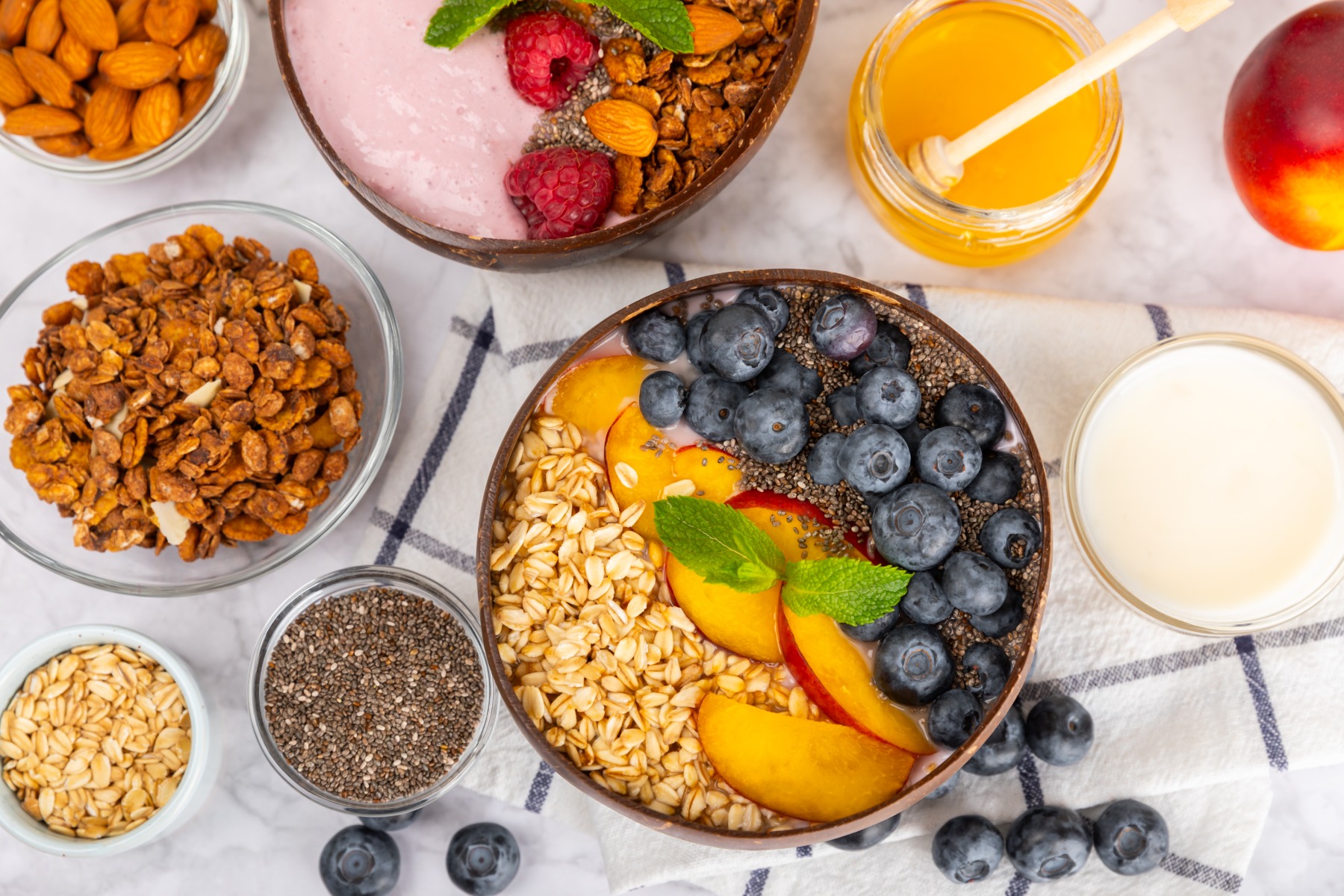
Nuts and seeds are powerhouses for antioxidants, vitamins and minerals. They reduce cholesterol by binding to a substance called bile that carries LDL. This prevents cholesterol from travelling through your bloodstream and flushes it out via your digestive system. Here are our favourite superfood nuts and seeds to equalise cholesterol levels:
Oats
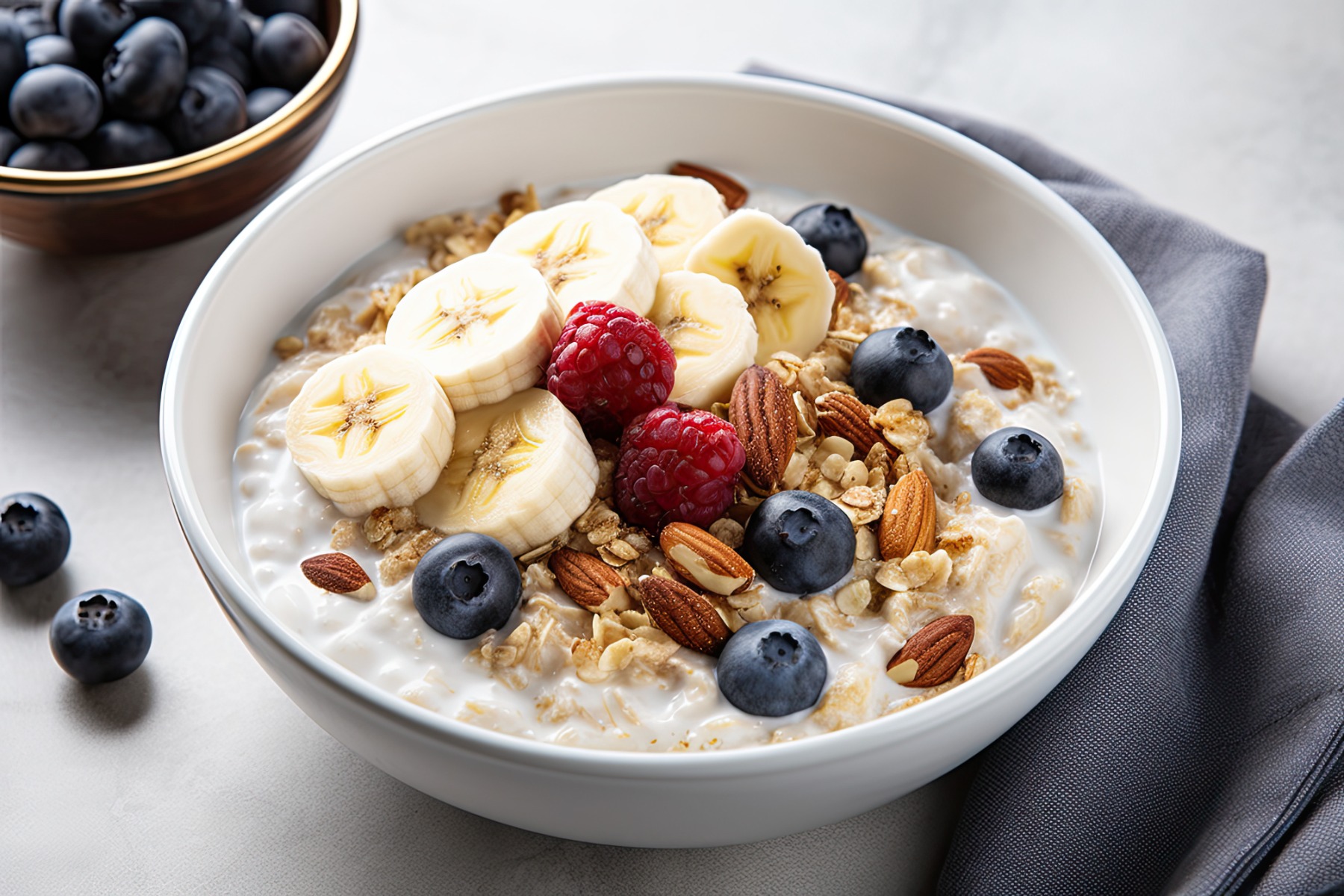
Oats are fantastic for your health and a food everyone should include in their diet. They are packed with fibre, contribute to gut health, enhance blood flow and improve heart health. We provide delicious jumbo oats to add to meals or make into tasty treats.
Ways to eat oats
- Make baked oats - Baked oats are a healthy alternative to a Victorian Sponge or coffee cake. Combine oats, egg and a ripe banana to make a cake-like oat mix. Bake in the oven and garnish with fruit.
- Whip up porridge - Using oats to make porridge is so easy you can even do it in the microwave! Mix oats with a milk of your choice, then heat over the hob or in the microwave for a warming breakfast.
Olive Oil
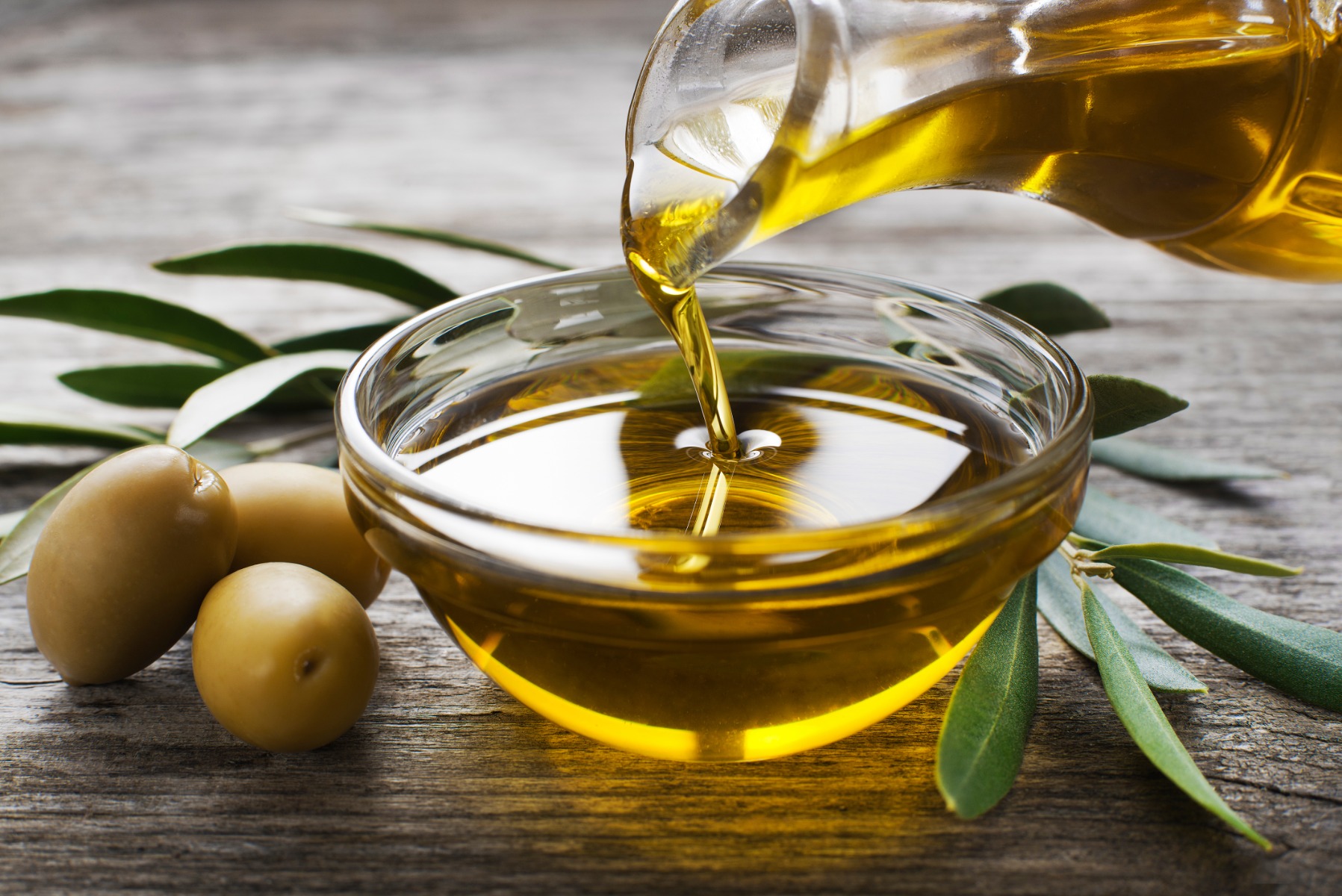
Olive oil is fantastic for your cholesterol because it contains unsaturated fat. Research in 2019 indicates that regularly consuming this golden oil lowers your LDL. It’s crucial to note that although nutritious, olive oil is still a fat. So have in moderation, eating about one tablespoon per day.
Omega-3 Rich Fish
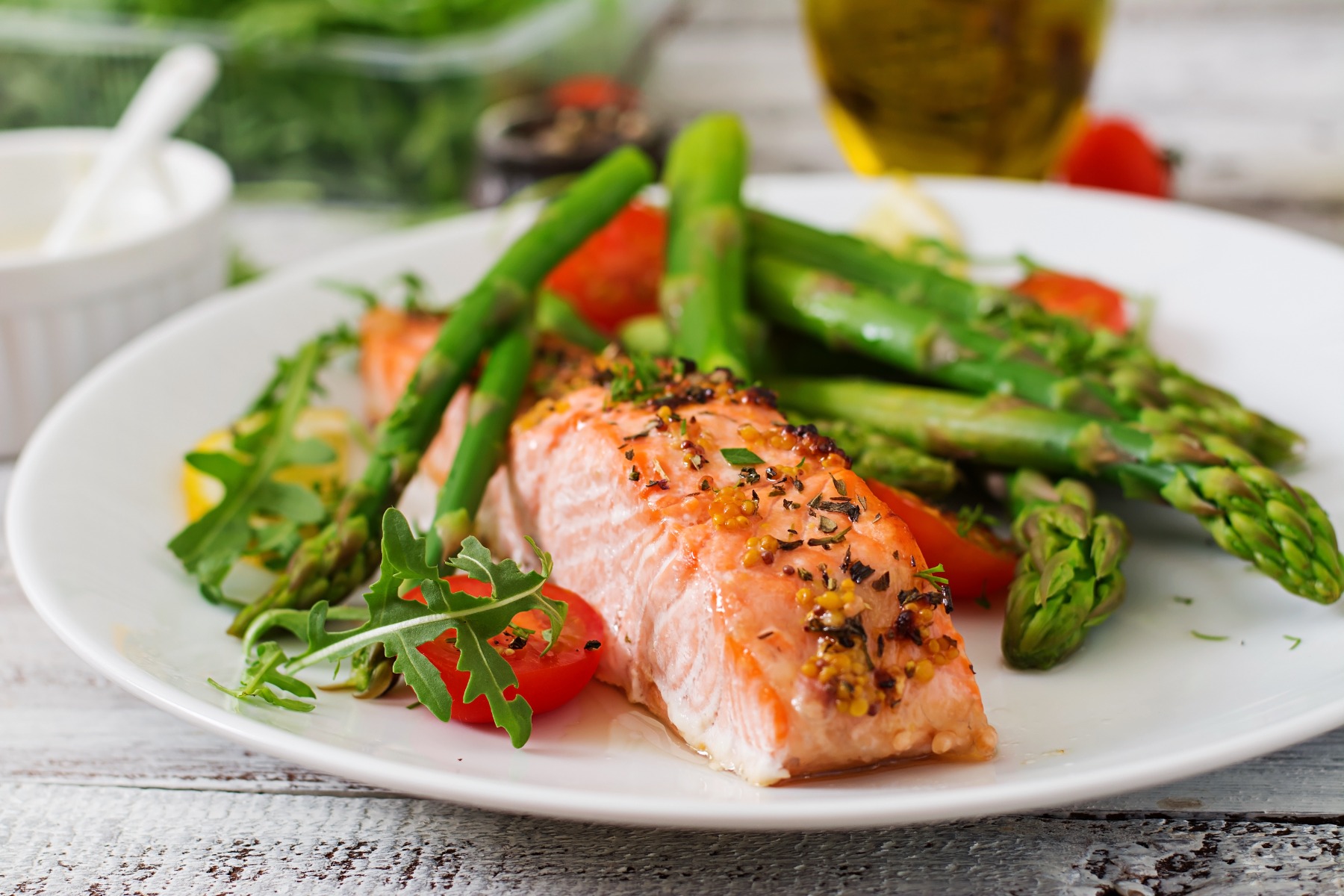
Omega-3 is a healthy fatty acid that contributes to heart health. It’s an excellent anti-inflammatory, opening blood vessels for better circulation and decreasing the risk of blockages caused by bad cholesterol. Oily fish contains the most amount of omega-3, such as;
- Salmon
- Tuna
- Mackeral
- Trout
- Sardines
Whey Protein Powder
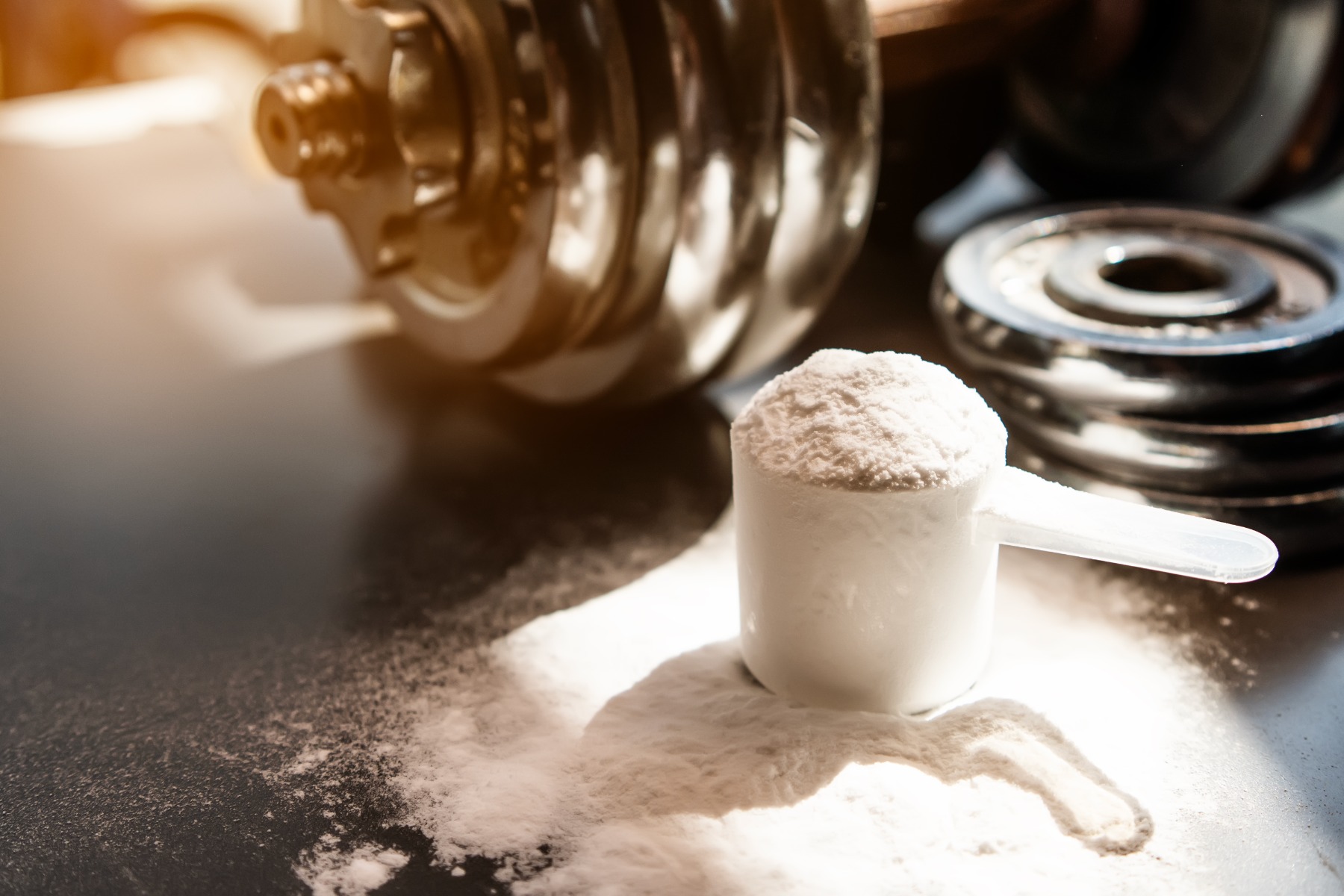
A 2010 study shows that whey protein may prevent bad cholesterol from clogging arteries, which can cause heart attacks. Whey is milk-based, and you can add the protein powder to shakes, yoghurt and baking. If you don’t like whey powder, are lactose intolerant or vegan, why not try Pea Protein Powder instead?
Whole Grains
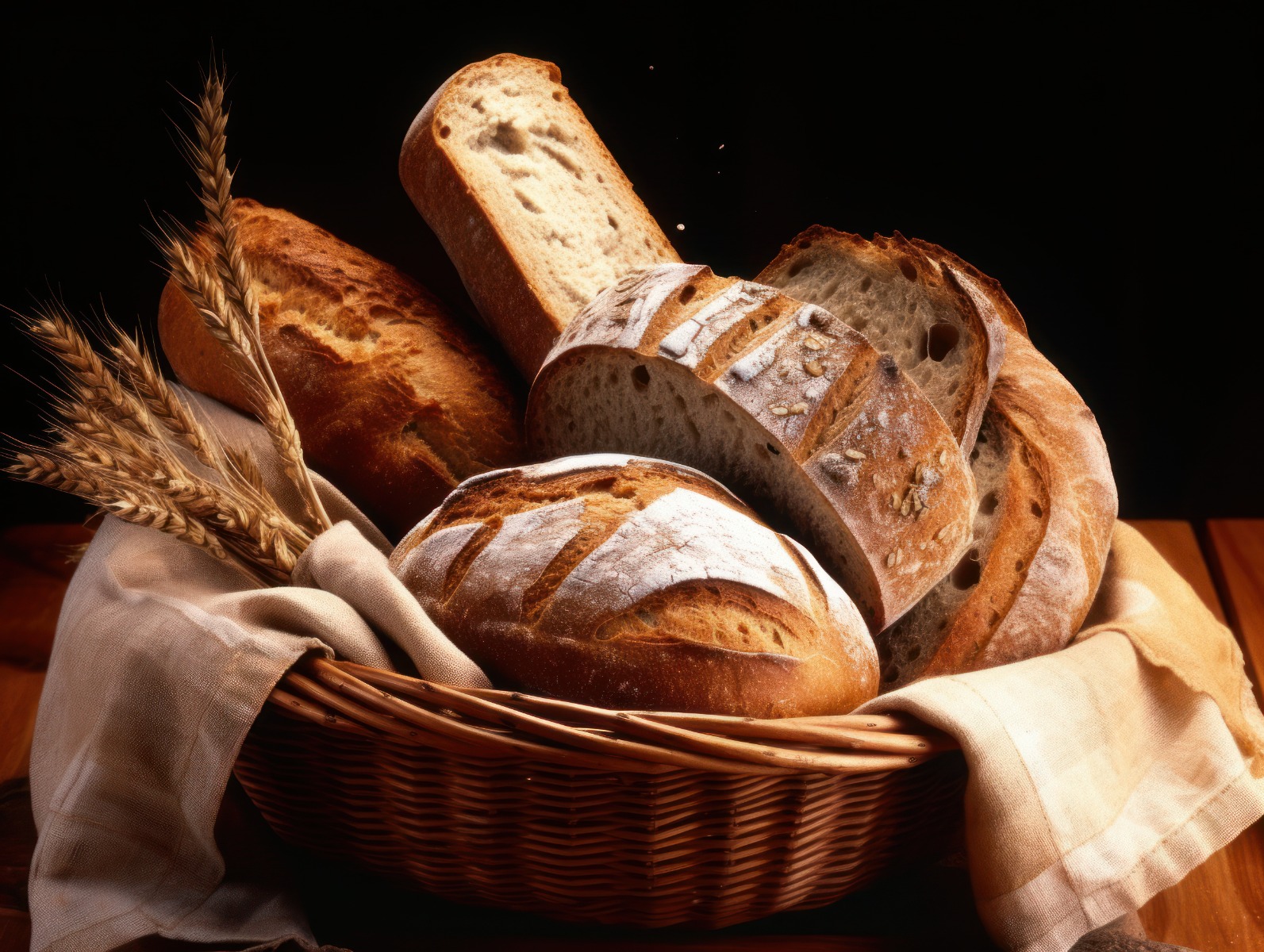
Photo Credit: "© [mimadeo] / Adobe Stock
Whole grains are bursting with fibre, which helps lower LDL, or ‘bad’ cholesterol. It includes brown rice, brown pasta and brown or wholemeal bread. You can also get your dose from cereals like bran flakes and oats. So, swap out your white bread and pasta for whole grains - your heart will thank you for it.
Fight High Cholesterol With Grape Tree

When you eat the right foods, you don’t need to worry about high cholesterol. Pack your diet with whole grains, fatty fish and super-powered nuts and seeds for a healthy heart and lifestyle. Check out our cholesterol-balancing foods and live well.
